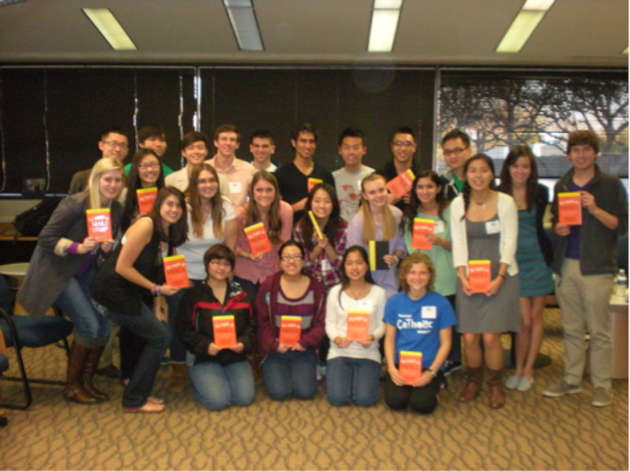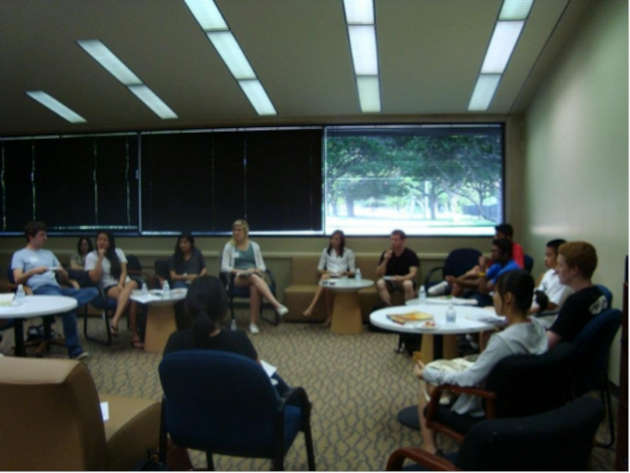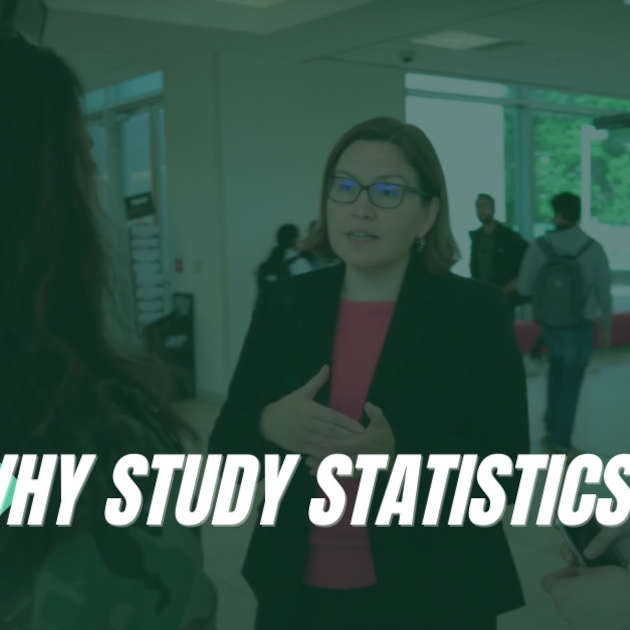
Anyone who knew me during the early years of undergrad also knew my best friend, Annie. We were a crazy duo: inseparable, unstoppable and ready to “change the world.” As freshmen, we were already set on making a difference at this school.
Freshman year first semester, a lot of us business students sign up for Business Law with Associate Dean of Undergraduate Programs Matt Polze. Super excited and clinging to every word of Polze’s lectures, I listened as he casually mentioned that the business school used to have a book club, but it hadn’t really been around. Of course after hearing this, Annie and I figured this would be a good project for us. We wanted to read books and become smart, educated young adults, so why not do it with other students?
I remember sitting in the residence hall, discussing where to go next. (Annie and I lived a few doors down from each other, because we were in the business students’ hall.) A book club sounded simple enough: Students should get together and discuss books. But there were so many logistics questions we had to brainstorm answers to:
- How often should we meet?
- Where should we meet?
- Who selects the books we read?
- Should professors/staff be involved?
- Do we want to be a formal student organization?
Before we could have a book club, we needed to have the answers to these questions. We wanted students to be involved and to have discussions, but we also wanted to give faculty the opportunity to come in and share their thoughts. We did not want students to be intimidated by faculty members, either. How could we expect our guests to be comfortable talking about a book we selected? Where should we even get the books to choose from, out of the millions of options that we have?
The model we decided on was to have two meetings a month, with the first meeting run by students and the second run by a faculty member. The book would be chosen by our guest, so they would actually feel comfortable talking about it. After we asked Caryn Berardi, associate director of the Davidson Management Honors Program, to be our advisor, we also asked her to use the cozy DMHP Lounge as our meeting spot as well. Even though we aimed for business-related books and called ourselves the JSOM Book Club, the club’s doors were open to students of any major to attend. And finally, the time we picked was a time that was convenient for us (and adjusted for our guest, if necessary).
We filed paperwork at the Student Organization Center, went to a couple of meetings, and we had a club! We took Polze’s course in the fall of our freshman year, but after all of the brainstorming, meetings, trainings and getting set up, our first meeting was not until April the following spring. However, we had created a place where students could come and honestly discuss their opinions on leading business books, and then a few weeks later network with professors and staff to learn their thoughts.
Starting an organization from scratch was an incredibly rewarding experience: We had the opportunity to select our first officer team, and to work with so many great professors and read awesome books. Annie and I ran the organization as co-presidents for a year, before turning the club over to a new set of leaders. In my opinion, one of the most rewarding aspects of it all is the fact that the JSOM Book Club, three years old, is still running today.

One funny memory I have of book club was when Annie emailed Tony Hsieh, author of Delivering Happiness: A Path to Profits, Passion, and Purpose (New York: Grand Central Publishing, 2010), to see if he would come to our school to talk. For a little bit, it actually sounded like he was going to visit. Unfortunately, we would have had to pay for his flight and hotel, and it was a lot more than we had bargained for. We told his company that we wouldn’t be able to support Tony’s visit; they sent us a box of his books — autographed — instead! Even if you’re a new organization just starting out, it definitely doesn’t hurt to dream big and see what resources are out there.
To learn more about the JSOM Book Club, follow us on Twitter at: @JSOMBookClub.





